1) Can a Boiler Explode?
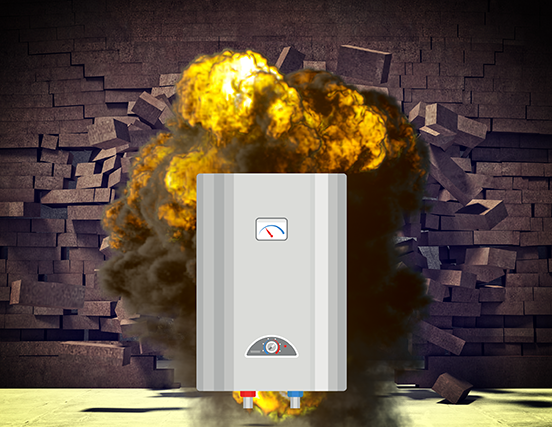
Yes. A Boiler can explode. However, newer boilers are far less likely to explode than their older counterparts due to innovations in technology, especially as a result of high pressure. A boiler can explode either with a fuel or air explosion, or due to water or steam pressure. High Pressure in an older boiler is more dangerous than in a newer boiler because newer systems are designed to shut off when the pressure is too great.
A boiler can also explode due to overheating or a weak outer shell or other weak components. Boilers are designed to withstand a certain amount of pressure, but if your system is corroded or rusting, it's far more likely to face a catastrophic failure. If you are worried your boiler could explode, you should certainly have one of our plumbers out to examine your system.
2) What Happens If Your Boiler Pressure is too Low?
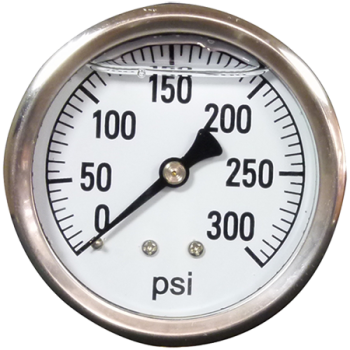
Low boiler pressure usually results in poor performance. If you notice that your boiler is on, but it just doesn't seem to be getting warm in the house, low pressure is definitely a possibility. Luckily - the only damage this is likely to cause is to your wallet, as you'll be using a lot of energy for very little results. The team here at Jersey Plumbing can get your boiler back up and running efficiently in no time, or assess if anything else may be a bigger concern.
3) Is a Leaking Boiler Dangerous?
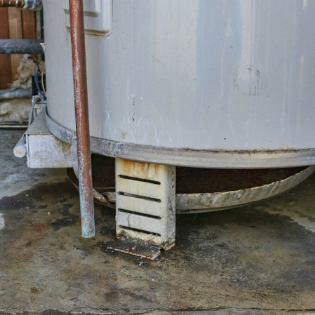
A water leak in your boiler is actually quite serious. You should shut the boiler off right away and call the team here at Jersey Plumbing. Boilers are not cheap to replace, and if you allow it to run with a leak, you're going to be headed that direction. A boiler leak is often due to an internal component failing such as a seal or a valve. The leak can cause the electric components to fry, as well as lead to damaging corrosion and rust. In many cases, we can repair rather than replace the boiler, but the sooner you call, the more likely your boiler can be saved.
4) What is a Dangerous Boiler Pressure?
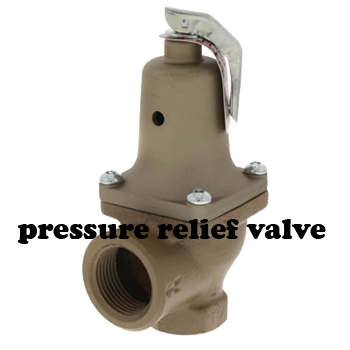
Anything over 1.5 bar on the boiler pressure gauge on a switched off boiler is too high. But don't worry. The biggest danger is most likely to affect things you value in the spill radius of your boiler (drywall, carpet, furniture or belongings that could face water damage.) In most cases, a PRV (Pressure Release Valve) will shut down your boiler before damages can occur. But be sure to check that gauge before trying to turn it back on.
If the Pressure Release Valve is leaking - don't even consider turning the boiler back on. Get a pro from Jersey Plumbing Service out right away.
If the PRV isn't leaking, but the gauge is above 1.5 bars, you can bleed the system to achieve the desired pressure of between 1 and 1.5 bars.
5) Can I Bleed the Radiator with the Heat Still On?
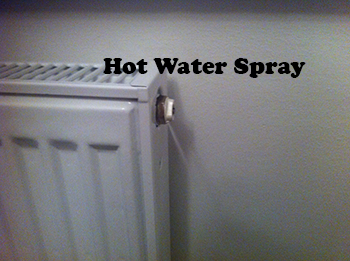
Definitely not. It won't work properly, it could be too hot to touch, and you could get sprayed with hot water. Turn off the boiler before bleeding the system.
6 How Often Should I Get My Boiler Serviced?
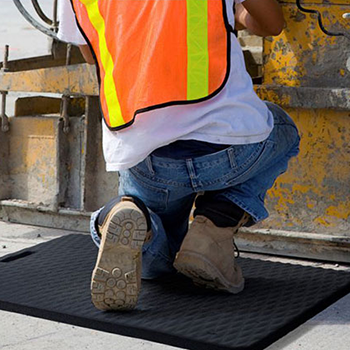
You should have your boiler serviced once a year, preferably a few months ahead of when you'll need it. You want to be ready for the cold season. Keep in mind that neglecting to service your boiler may result in your warranty becoming invalidated. We'd love to help you keep your boiler in tip-top shape. Give our team a call!
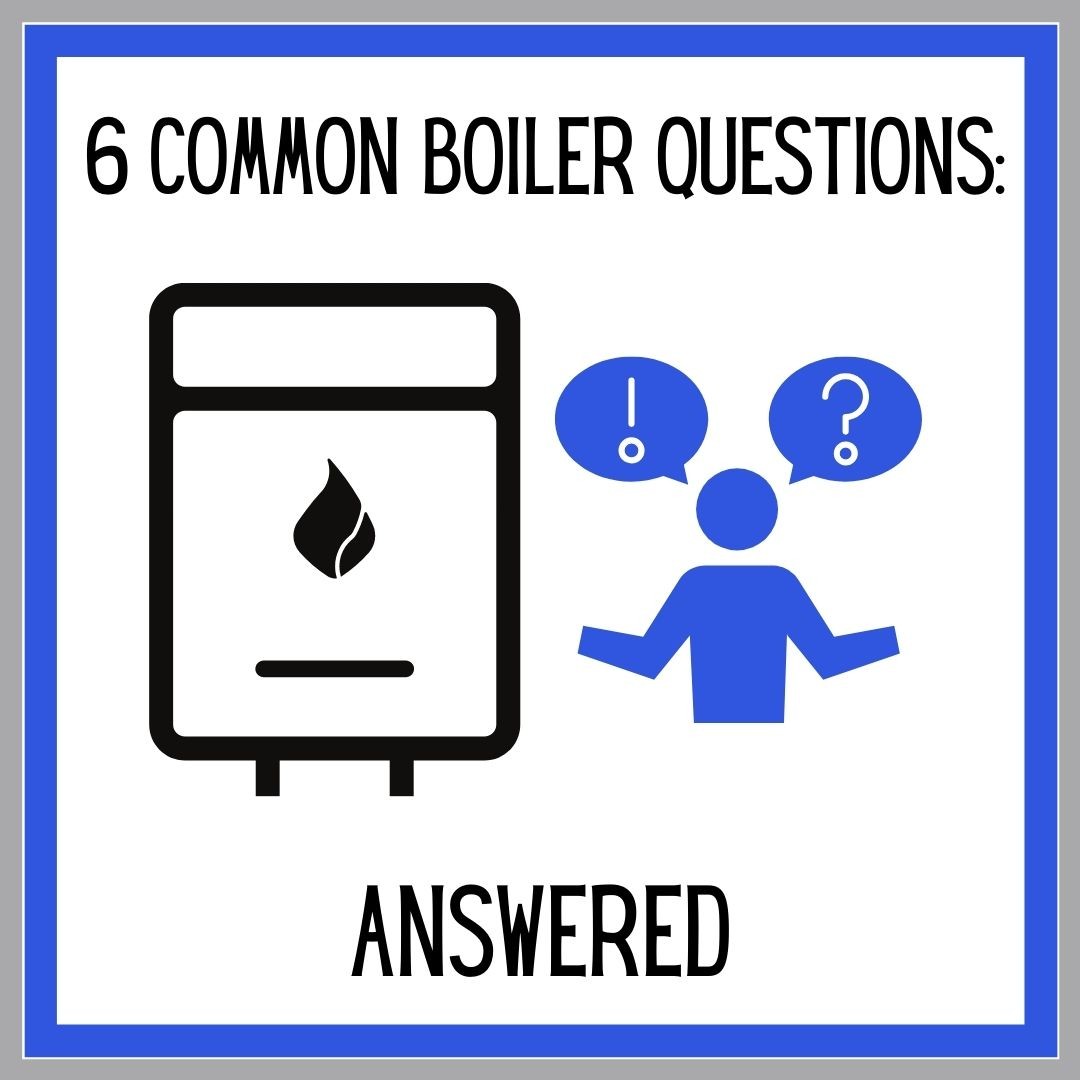
Recent Comments